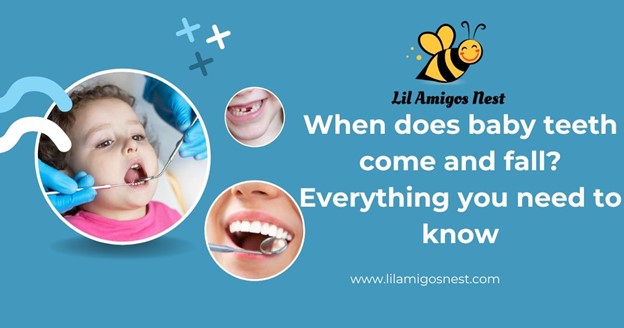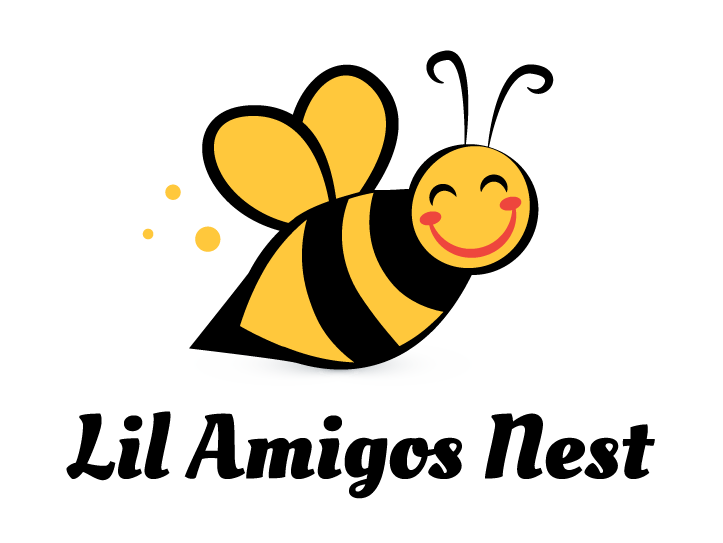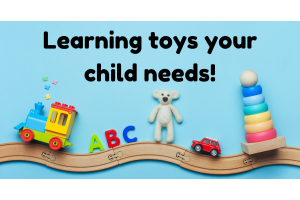Baby Teeth Timeline: When They Emerge, Fall Out, and How to Care for Them

Introduction to Baby Teeth: What Every Parent Should Know
Every parent eagerly awaits their child’s first toothy grin, but understanding the journey of milk teeth and how they differ from permanent teeth, is crucial for early dental care. Also known as primary teeth, milk teeth are temporary placeholders that pave the way for adult teeth. The difference between milk teeth and permanent teeth isn’t just about longevity; milk teeth are smaller, whiter, and have thinner enamel, making them more prone to damage. Surprisingly, cavities in milk teeth are common and can impact future oral health if ignored.
As your child grows, you’ll witness the fascinating process of how milk teeth fall out, usually starting around age 6. But before that happens, proactive care is key. This parenting guide offers practical parenting tips to ensure healthy kids' teeth, from brushing routines to recognizing when a wobbly tooth needs attention. For more resources, check out our parent portal—a hub for evidence-based advice on nurturing your child’s smile.
The Baby Teeth Timeline: From Eruption to Loss
- When Do Baby Teeth Come In?
Most babies get their first tooth between 6–12 months, though some may start earlier or later. The lower central incisors (bottom front teeth) typically emerge first, followed by the upper front teeth. By age 3, most children have all 20 milk teeth. Teething can cause fussiness, drooling, or mild fever, but these symptoms are manageable with gentle remedies like teething rings or cool spoons. - Why Milk Teeth Matter
Though temporary, milk teeth play vital roles:
- Chewing & Nutrition: They help kids bite into solid foods, supporting balanced diets.
- Speech Development: Teeth position affects the pronunciation of sounds like “th” or “s.”
- Guiding Permanent Teeth: They hold space for adult teeth, preventing misalignment.
Neglecting cavities in milk teeth can lead to pain, infections, or early tooth loss, which might disrupt permanent teeth placement.
- When Do Baby Teeth Fall Out?
Around age 6, children begin losing teeth in the same order they arrived—lower front teeth first, then upper front teeth. The process continues until age 12–13, when the last molars loosen. Permanent teeth push upward, dissolving the roots of milk teeth until they’re loose enough to fall out painlessly. Most kids lose teeth naturally, but if a tooth lingers too long, consult a dentist.
Parenting Tips for Healthy Kids' Teeth
- Start Early with Oral Hygiene
- Wipe gums with a clean cloth before teeth emerge.
- Use a rice-sized smear of fluoride toothpaste once the first tooth appears.
- Brush twice daily, supervising until age 8 to ensure thorough cleaning.
- Prevent Cavities in Milk Teeth
- Limit sugary snacks and drinks.
- Avoid putting babies to bed with bottles (to prevent “bottle rot”).
- Schedule the first dental visit by age 1.
- Handle Loose Teeth Confidently
- Encourage kids to wiggle loose teeth gently.
- Avoid pulling teeth prematurely, as this can cause bleeding or infection.
- Celebrate milestones (hello, Tooth Fairy!) to ease anxiety.
FAQs: Addressing Common Parent Concerns
Q: What if my child’s teeth are late to erupt or fall out?
A: Delays of 6–12 months are normal. However, consult a dentist if no teeth appear by 18 months or if baby teeth don’t loosen by age 7.
Q: Are cavities in milk teeth a big deal?
A: Yes! Untreated decay can spread, damage underlying permanent teeth, or cause infections requiring extraction.
Q: How can I make brushing fun?
A: Use flavored toothpaste, play a 2-minute song, or try apps with brushing timers and rewards.
Conclusion: Partnering in Your Child’s Dental Journey
Understanding the baby teeth timeline empowers parents to take proactive steps. By prioritizing oral hygiene, preventing cavities, and embracing each wobbly tooth milestone, you’re setting the foundation for lifelong dental health. For more parenting tips and expert insights, explore our parent portal—your go-to parenting guide for raising happy, healthy kids.
Remember: Those tiny milk teeth may be temporary, but the habits you build today will last a lifetime.


























